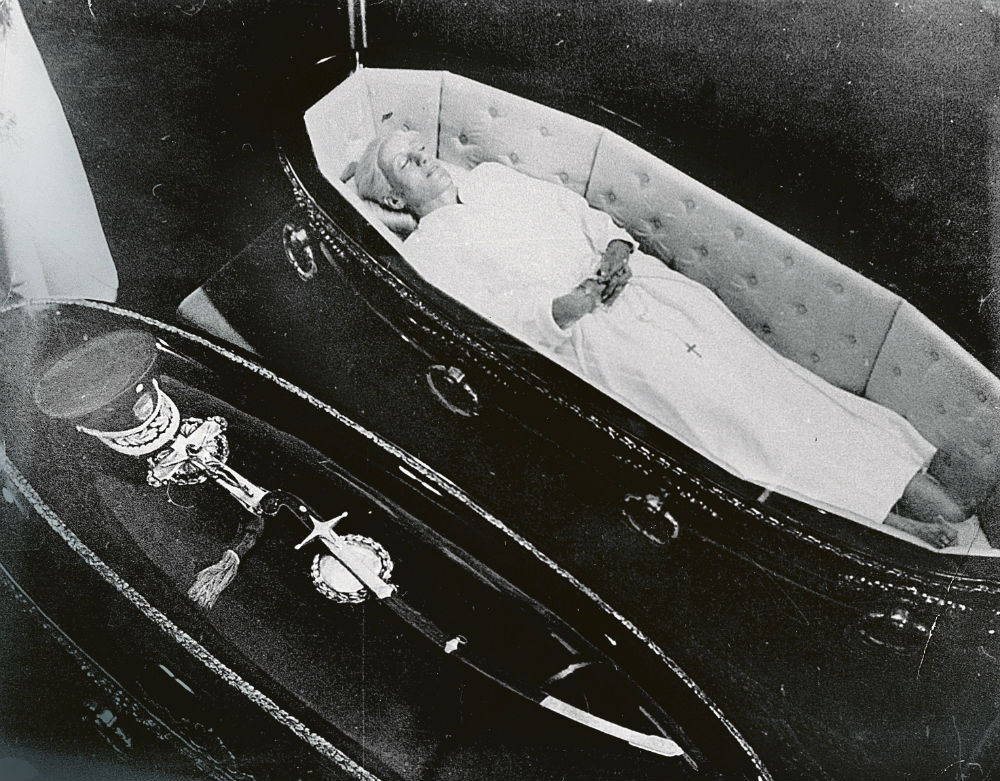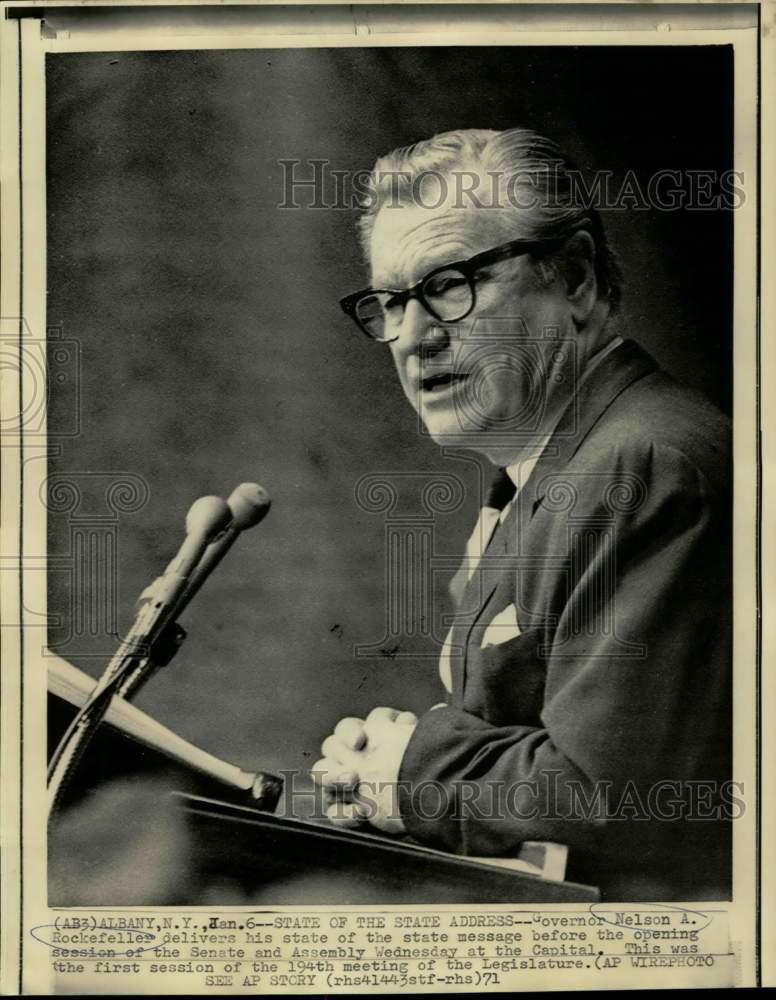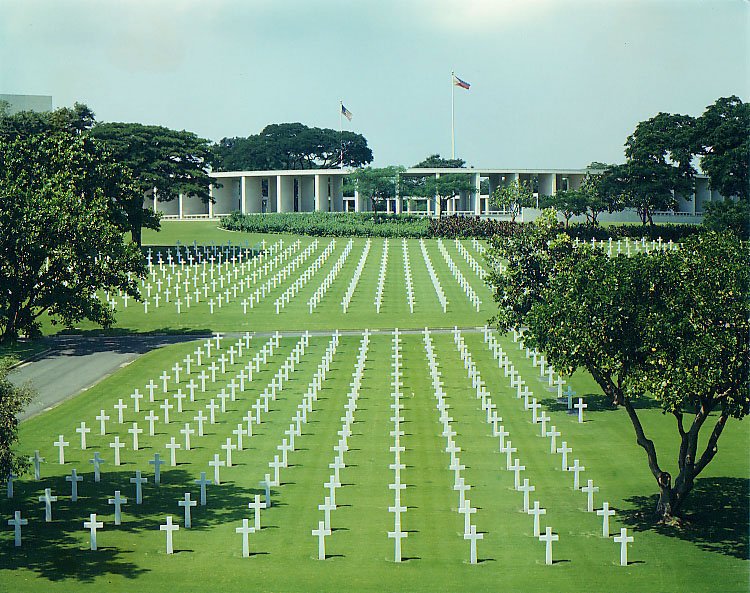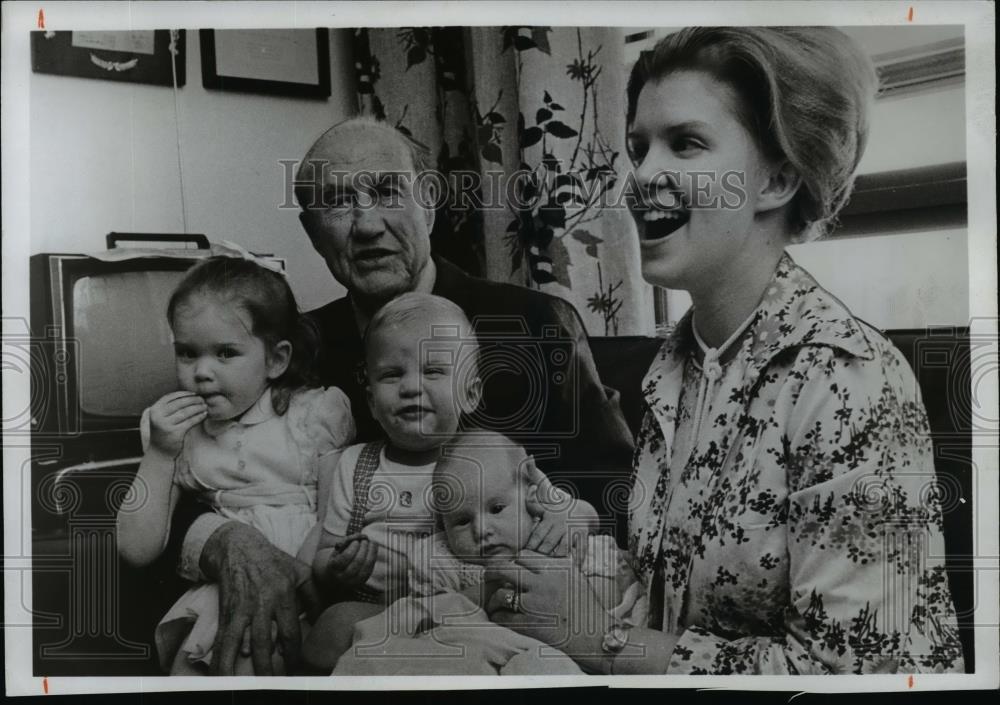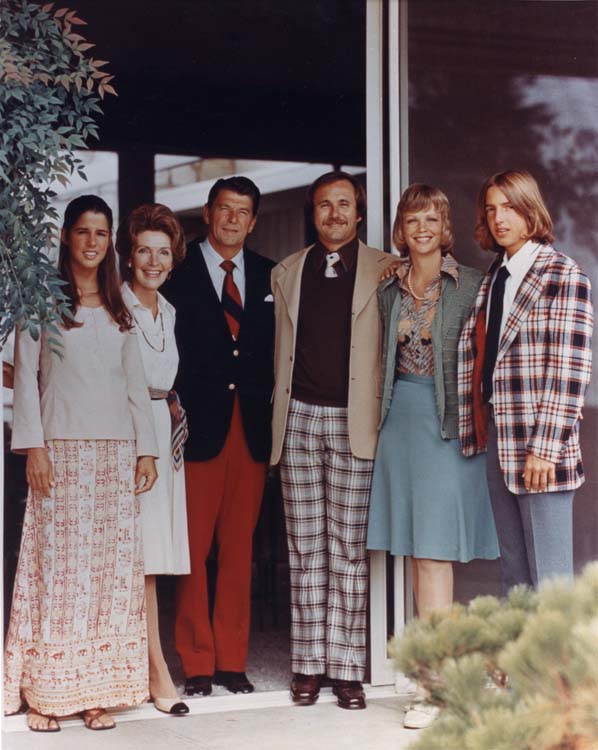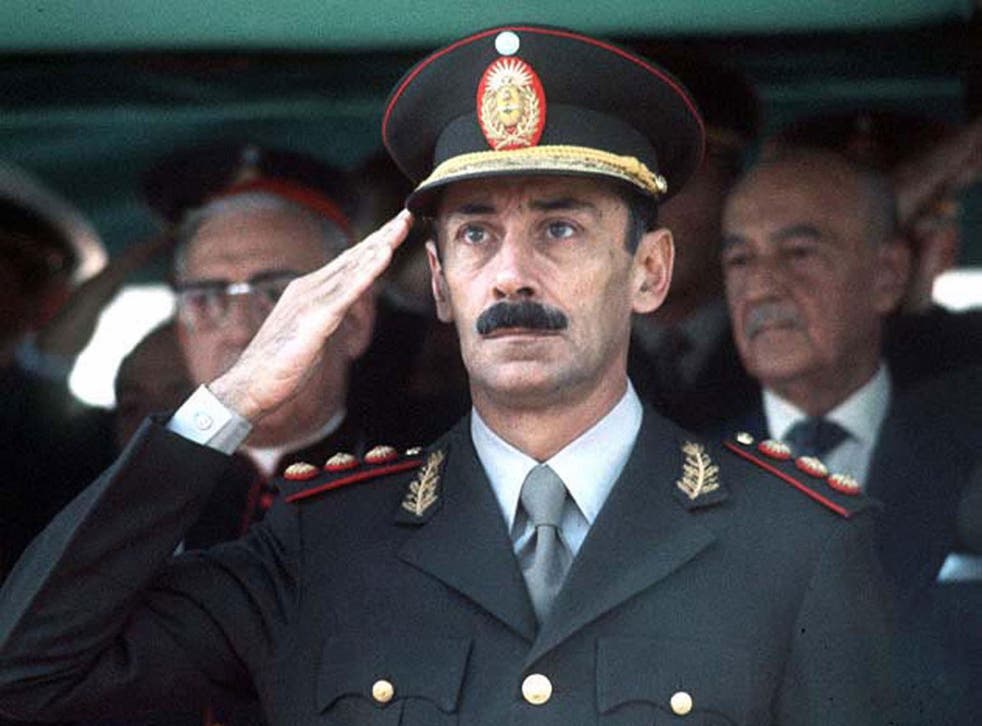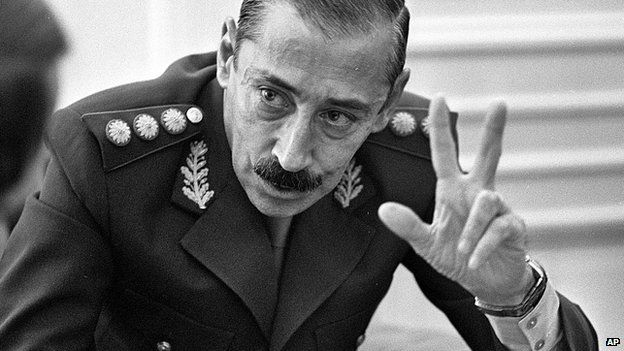BREAKING NEWS ALERT: PATIENT PROTECTION ACT OF 1975 PASSES US HOUSE OF REPRESENTATIVES OVERWHELMINGLY; GOES TO FULL US SENATE
*Monday, December 1, 1975: While President Rockefeller is in the midst of his Asian Pacific tour, back in the States: the US House of Representatives voted overwhelmingly to pass the Patient Protection Act of 1975 by a vote of 361-83. US House Speaker Carl Albert (D-OK) hailed the passage as "one of the most effective moments of my time as Speaker of the House".
The legislation now moves to the United States Senate, where it'll be debated, argued upon and vigorously hard fought among both sides of the political aisle. Vice President Linwood Holton will be on hand if things take a downturn in the number of votes; Holton will be tasked with lobbying on a bipartisan approach of countless United States Senators.
GOOD NEIGHBOR POLICY: MAJORITY OF COUNTRIES APPROVE OF THE UNITED STATES; PRAISE PRESIDENT ROCKEFELLER'S LEADERSHIP
As a result of strong, tough, precise leadership on the global stage, many countries have praised President Nelson Rockefeller's leadership of leading the United States on the international stage including many countries strongly approving the United States such as Taiwan, Philippines, Republic of Korea, Japan, Indonesia, Brazil, Chile, Thailand, Singapore, France, United Kingdom, West Germany, Greece, Gabon, Jamaica, Haiti, Dominican Republic, Bahamas, Italy, Spain among countless others.
The Rockefeller administration's Good Neighbor Policy has surprised many political and foreign policy analysts, who had assumed that despite recent disastrous debacles such as the end of the Vietnam War, Watergate, etc., that this policy initiative would fail. The experts were proven wrong!
PANAMA CANAL NEGOTIATIONS ONGOING DESPITE CONGRESSIONAL RESISTANCE
The United States and Panama are still negotiating with ways on moving forward on potential plans of transferring the Panama Canal over to the Panamanian government despite strong congressional resistance on Capitol Hill.
US Secretary of State Malcolm Wilson defended the Rockefeller administration's position on the negotiations saying "I don't think it would be wise for some members of Congress to agitate and use this as a moment of political grandstanding."
When asked about the latest developments, United States Senator Jesse Helms (R-NC) doubled-down on blocking the legislation if it reaches the floor of the United States Senate. "I'm NOT the only one in opposition of transferring the Panama Canal over to Panama. The Canal belongs to the United States of America!"
GROWING BIPARTISAN SUPPORT IN THE US SENATE BLOCKING PANAMA CANAL TRANSFER
ABC News reporting there's growing bipartisan support inside the United States Senate in blocking the legislation requiring the transfer of the Canal to the Panamanian government. Following through on his threats, United States Senator Jesse Helms (R-NC) blocked the legislation from getting onto the floor of the United States Senate.
Among those supporting Helms' parliamentary moves:
James Eastland (D-MS)
John Stennis (D-MS)
Henry Bellmon (R-OK)
Dewey Bartlett (R-OK)
Bob Dole (R-KS)
John McClellan (D-AR)
Dale Bumpers (D-AR)
Sam Nunn (D-GA)
James Allen (D-AL)
John Sparkman (D-AL)
Russell B. Long (D-LA)
J. Bennett Johnston (D-LA)
Barry Goldwater (R-AZ)
Paul Fannin (R-AZ)
John Tower (R-TX)



